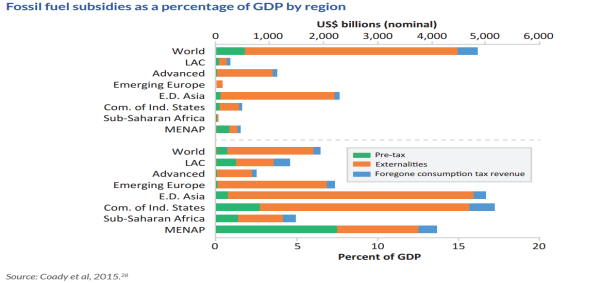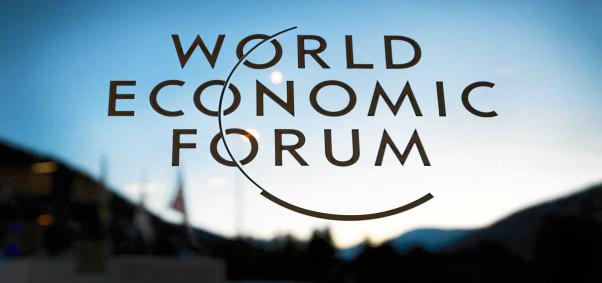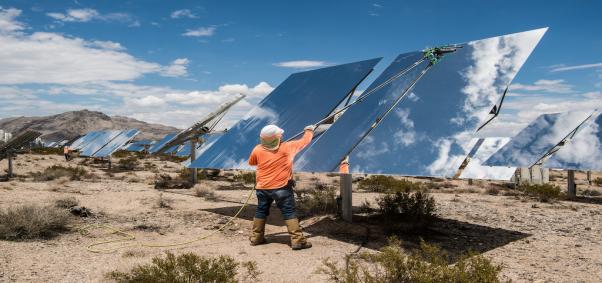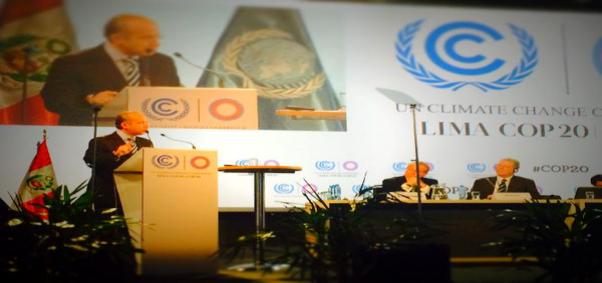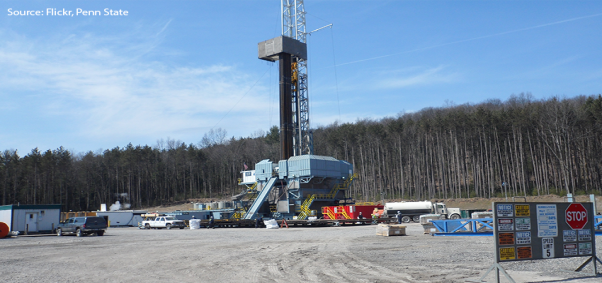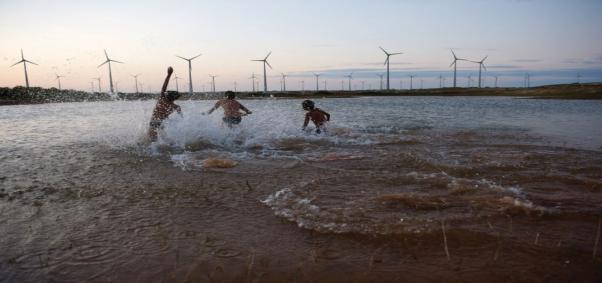The Global Commission on the Economy and Climate will be launched on September 24th 2013 in New York. Former President of Mexico Felipe Calderón, Chair of the Commission, will speak at the launch meeting, which will take place just before the opening of the UN General Assembly and during ‘Climate Week’ in New York City. Other speakers include:
President Juan Manuel Santos, Colombia
Prime Minister Jens Stoltenberg, Norway
Lena Ek, Minister for the Environment, Sweden
Kuntoro Mangkusubroto, Minister and head of the President’s Delivery Unit, Indonesia
Rt. Hon. Gregory Barker, Minister for Energy and Climate Change, UK
Boonam Shin, Ambassador for Climate Change, Republic of Korea
Jeremy Oppenheim, Director of the New Climate Economy project
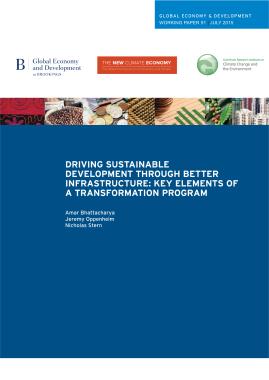
![]() Seizing the Global Opportunity: Partnerships for Better Growth and a Better Climate.
Seizing the Global Opportunity: Partnerships for Better Growth and a Better Climate.







